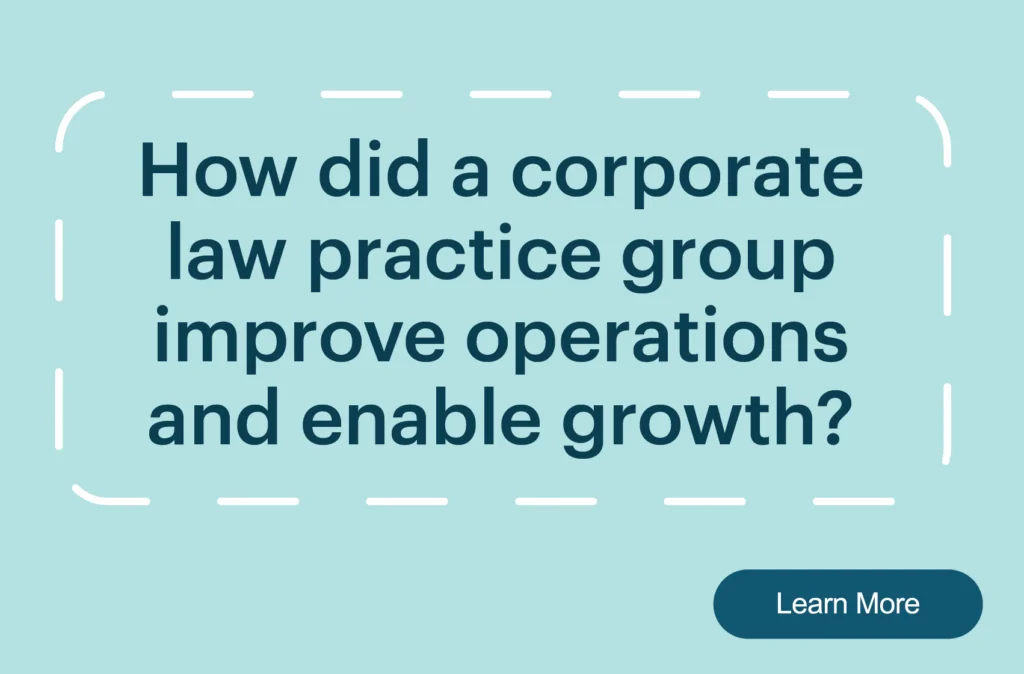Effective project management plays an essential role in the successful execution of projects across various industries. It requires organizing, planning, executing, and monitoring resources to achieve specific goals and objectives within a predetermined timeframe and budget. The benefits of effective project management extend beyond merely completing tasks on time; they contribute significantly to the overall efficiency and productivity of teams and organizations.
One of the most prominent advantages of effective project management is improved clarity and communication among team members. A project manager acts as the central figure responsible for ensuring that all stakeholders are aligned with project goals and timelines. Clear communication is vital for any project’s success, as it helps to mitigate misunderstandings and reduces the potential for conflict. Regular updates and feedback mechanisms foster transparency, allowing team members to clarify their roles and responsibilities, thus ensuring everyone is on the same page.
Moreover, effective project management enhances resource allocation. In any project, resources—such as time, money, and human capital—must be optimized to achieve desired outcomes. Through thorough planning and scheduling, project managers can prioritize tasks and allocate resources accordingly, ensuring that critical activities receive the attention they require. This efficiency avoids task redundancy, conserves financial resources, and significantly reduces wasted time.
Risk management is another important aspect of effective project management. Projects often face uncertainties that can derail progress if not appropriately addressed. A competent project manager can identify potential risks beforehand and develop strategies to mitigate their impact. By implementing risk management processes, teams can prepare for unforeseen challenges, which ultimately leads to a smoother execution phase. Effective project managers also encourage a culture of proactive problem-solving, enabling teams to tackle issues before they escalate.
Quantifiable success metrics assess the progress and effectiveness of a project. Effective project management incorporates performance indicators that allow teams to evaluate their success against defined objectives. By continually reviewing these metrics, project managers can evaluate what strategies are working well and where improvements can be made. This analytical approach promotes a culture of continuous improvement, encouraging teams to learn from past experiences, refine their processes, and increase efficiency in future projects.
Workstreams: A platform to support integrated project management
A significant aspect of effective project management is the use of technology that facilitates collaboration and streamlines workflow. Workstorm recognizes the need for teams to collaborate effectively to meet their goals. Workstorm’s Workstreams provide a structured approach to managing tasks, which minimizes confusion and enhances accountability among team members.
Workstreams allow teams to break down complex projects into manageable segments. Each Workstream represents a collection of tasks, channels, and files that contribute to the overall project objective. By segmenting projects in this manner, team members can focus on specific tasks without getting overwhelmed by the larger scope of the project. This focused approach leads to enhanced productivity and encourages team members to take ownership of their contributions.
Another beneficial feature of Workstreams is the ability to track progress in real time. Team members can update their task status, allowing for immediate visibility into the project’s advancement. This continuous monitoring aids project managers in identifying potential bottlenecks and reallocating resources or assistance as needed. The result is a more agile project management process that adapts quickly to changing circumstances.
Collaboration is further strengthened through Workstorm’s integrated communication tools. Team members can share updates, documents, and feedback within the context of specific Workstreams. This centralized communication reduces the need for lengthy email chains, ensuring that all pertinent information is readily accessible. The streamlined communication ultimately saves valuable time and fosters a collaborative environment, which is essential for successful project execution.
Workstorm also places emphasis on setting clear objectives and milestones within each Workstream, which aligns closely with the principles of effective project management. Clearly defined goals enable team members to understand what is expected of them, while milestones serve as checkpoints to celebrate progress and maintain motivation. A goal-oriented approach instills a sense of purpose among team members, which is fundamental for sustaining productivity throughout the project lifecycle.
The inherent flexibility of Workstreams accommodates various team structures and project types. Whether a team is working on a small project or managing a large-scale initiative, Workstorm can be tailored to suit the needs of the project. This adaptability helps teams stay organized and efficient, regardless of the project’s complexity or scale.
Built-in reporting allows project managers to review analytics on project progress, resource utilization, budget allocation, and team performance. This level of transparency not only aids in informed decision-making but also enables teams to identify trends, track milestones, and ensure alignment with project objectives.
Workstreams provide templates to significantly leverage the insights gained from reporting tools. As teams identify efficiencies using Workstorm’s analytics, these insights can be quickly transformed into templated workflows that can be deployed organization wide. This ability to rapidly scale accelerates the implementation of effective solutions. By using templates, organizations can ensure that successful workflows are not isolated but are spread across different teams and departments. Templates ensure consistency in execution, reduce variability, and promote standardized processes, which are especially crucial in large enterprises
Summary: Streamline project management
In conclusion, effective project management offers numerous benefits, including improved communication, optimized resource allocation, proactive risk management, performance evaluation, and facilitation of collaboration. Workstorm significantly enhances these benefits through Workstreams, which promote structured task management and real-time collaboration. Organizations can improve their levels of efficiency and productivity, ultimately leading to successful project outcomes.


